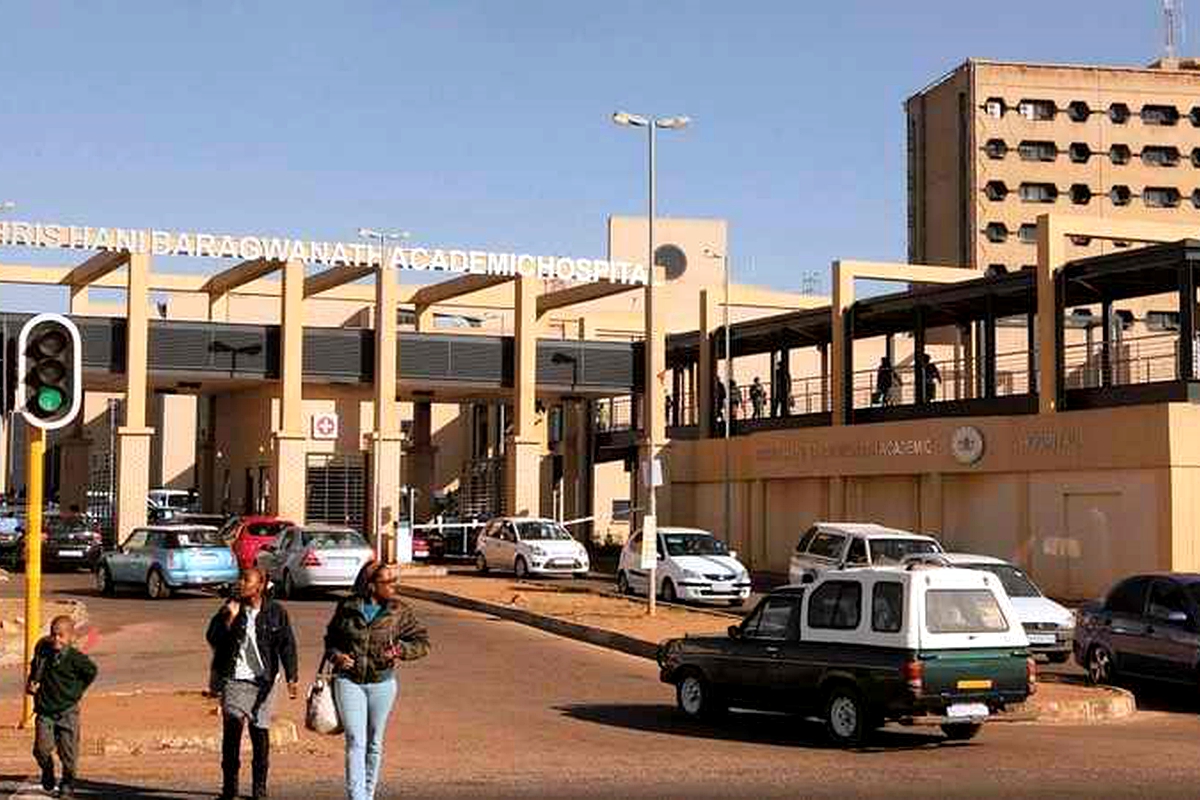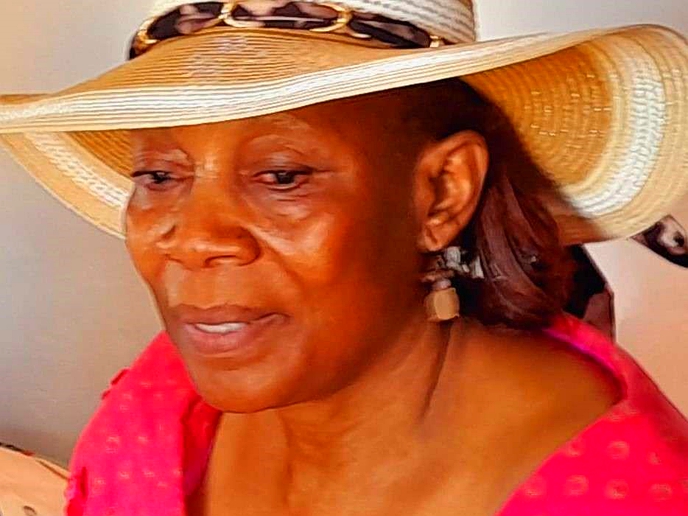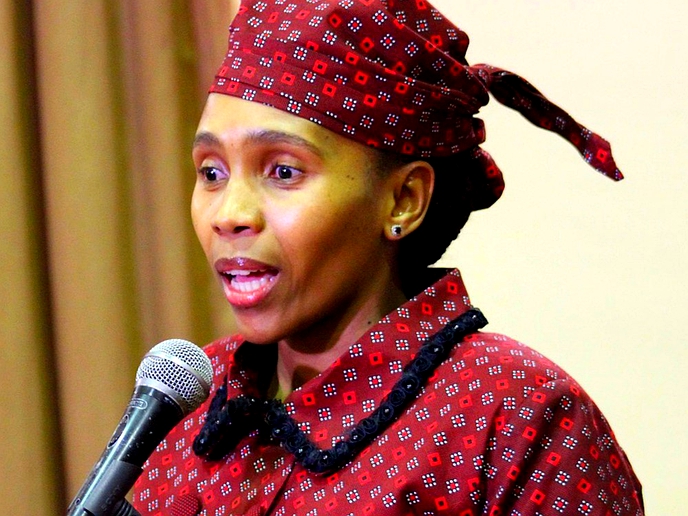THE South African medical fraternity is suffering from an exodus of nurses and doctors, leaving public hospitals in particular understaffed.
health
Sept. 1, 2022
OWN CORRESPONDENT
3 min read
Exodus of medical professionals in SA

The Baragwanath Hospital in Soweto, Gauteng
Story highlights
Sibongiseni Delihlazo, the spokesperson for the Democratic Nursing Organisation of SA (Denosa), said at a recent meeting of the East, Central and Southern African College of Nursing (Ecsacon) in Johannesburg, that there has been an uptick of enquiries from nurses about how they can work abroad, reported the Sunday Times.
Delihlazo said that nurses are asking about the process of moving overseas, including the details of recruitment agencies, as a potential career abroad offers better pay and working conditions.
“Nurses are generally remunerated poorly despite the essence of their contribution. Horrible working conditions are the other push factors characterised by severe resource and equipment shortages and poor continuous professional development opportunities.”
Unions such as Denosa have pleaded to the government as public servants for wage increases for their members. The demands have, however, been met in a deadlock where the government proposes a 2% increase, but civil society organisations want a 6.5% wage hike.
“This problem is self-inflicted. The reduction of investment by the government in both infrastructure and the number of nurses the country produces is what has landed the country in the current crisis.
“Countries like Switzerland and Norway have at least 17 nurses per 1,000 population, and their economies are doing wonderfully. In contrast, South Africa has about four or five nurses per 1,000 population, and its economy is crumbling.”
South African hospitals have been grossly understaffed due to a lack of skill retention in the country and the failure to train young graduates.
Present-day figures supplied by the South African Nursing Council (SANC) showed that at the end of 2020, there were over 21,000 nurses in training, but private hospital group Life Healthcare noted that this year, the country still requires an additional 26,000 nurses to be trained to meet the growing demands of the industry.
Writing in an open letter, the Hospital Association of South Africa (HASA) said that a significant number of nursing graduates are eager to receive training to assist the shortage, but provincial health departments are not joining forces with the private medical sector to train young medical professionals.
Earlier this year, the chief executive officer of Profmed, a health insurance scheme for professionals, said that it had witnessed a substantial exit of medical professionals over the last three to five years.
“The sad reality is that South Africa’s abilities to produce quality medical specialists have also deteriorated over time as a result of emigration, leaving fewer opportunities for specialised training,” said Comrie.
Enjoy our daily newsletter from today
Access exclusive newsletters, along with previews of new media releases.
“Instead of increasing the supply of doctors, we need to retain the skilled doctors we already have by creating and maintaining favourable and secure working conditions with market-related remuneration, cultivating interest and opportunities for more medical graduates in the public and private healthcare space.”
To combat the lack of nursing skills in the country, the government, after being asked by the opposition party, the Democratic Alliance, added new skills to the Department of Home Affairs Critical Skills List.
The new skills mainly relate to specialist medical and health practitioners, namely those who “diagnose, treat and prevent illness, disease, injury and other physical and mental impairments in humans, using specialised testing, diagnostic, medical, surgical, physical and psychiatric techniques”.
These job posts include:
- Registered Nurses – critical care nurses, midwives, and childcare nurses, among others.
- Medical practitioners – specialising in anaesthesiology, cardiothoracic surgery, clinical pharmacology and public health, and paediatrics, among others;
- Pharmacist – including industrial pharmaceuticals, among others;
- Dentists – specialising in community dentistry, maxillofacial and oral pathology and maxillofacial and oral surgery, among others. - BusinessTech
Tailored for you






